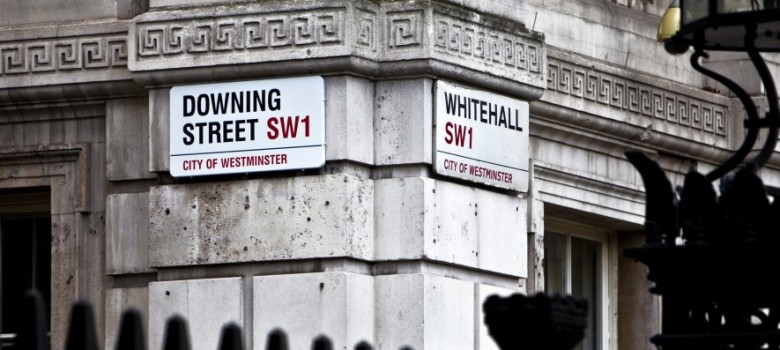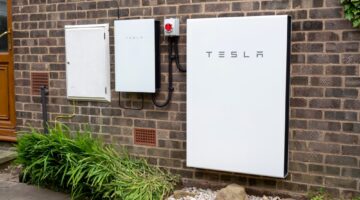
2012 Positives in the UK
The year just passed showed some encouraging signs for renewables in the UK; Installed capacity was up almost 25% from 2010 to 2011 topping 12,000MW. In September, early figures for 2012 showed this figure exceeding 14,000MW. Mainstays of the UK renewables mix continued to see considerable upticks in capacity, but microgeneration has also made forward strides, with ever more solar panels and micro wind turbines seen in domestic settings. There was also the promise of the ‘Green Deal’ and the ‘Energy Company Obligation’ to help the average person become more energy efficient, which should make a huge impact in the coming years.
The Larger Political Picture
Taking a look at the bigger picture however, there are plenty of things to be concerned about. The global climate is showing the signs of man-made climate change and the UK has seen this up close and personal in 2012, with an extended drought giving way to the second wettest year on record; flooding affected much of the country, in some places more than once. Politically there were negatives as well, the COP18 in Doha once more struggled to progress global climate talks and on a national level, the Government has signalled its intention to focus on natural gas as a solution to the looming energy gap the country will face by 2015.
For those unaware, the UK is closing several of its coal fired power stations in the coming years, to fall in line with EU emissions regulations. It means that by 2015, energy capacity of the grid will not be sufficient to deal with peak demand. It is a pressing problem, which has prompted the government to look at importing gas to resolve the situation. Unfortunately natural gas only offers a small reduction in carbon emissions compared to coal, and the lack of a local supply means the UK will be relying on imports from other parts of the world like Russia and will be exposed to both volatile prices and political pressures.
Fuel Poverty and the Rising Cost of Energy
The rising cost of energy was also a big talking point in 2012. Most of the major energy companies hiked their prices well above inflation and the number of people in fuel poverty increased dramatically, with some surveys suggesting as many as a quarter of households have to choose between food and warmth during the winter months.
This is where new Government initiatives like the Green Deal will come into play. Aimed at those who cannot afford to pay for expensive energy efficiency measures up front, the scheme allows consumers to install measures and pay back the initial cost with the savings made. Energy efficiency has a huge role to play in both meeting carbon reduction targets and cutting energy use and hopefully the Green Deal will help deliver these aims on both a residential and commercial perspective. The Energy Company Obligation, designed to work where the Green Deal will not, will replace the Warm Front scheme, helping to provide energy efficiency measures for low income households.
Can Adversity Breed Change?
The flooding experienced during 2012 was unprecedented and many fear that climate change will mean these sorts of years will become more common in the future. Yet perhaps it can help change public opinion as well; it is a well known phenomenon that people tend not to change their lifestyles until it affects them directly. With the flooding affecting so many people across the country, perhaps the threat of climate change will begin to hit home. Microgeneration is a growing industry, and the added incentive of Feed-in Tariffs means independence from the grid is becoming a growing trend for homeowners and businesses alike.
Looking further afield, can the extreme weather events seen around the world in 2012, from the record low Arctic Ice coverage, to the Australian heat wave giving rise to the recent wildfires, to Hurricane Sandy hitting the US East Coast metropolises, create momentum for change at the UN climate negotiations? This year’s COP19 will be held in Warsaw at the end of the year, and the combination of the extreme weather in the world’s biggest economy, and the confirmation of Barack Obama as President, might be enough to change their standpoint to a more favourable position for those hoping for a binding agreement.
2013 and Beyond
So 2013 promises to be an interesting year for both UK and the rest of the world; at home, the focus will be on the ‘Green Deal’ and whether the Government can create momentum behind the scheme and the renewable energy sector, which it is hoped can build on the good progress made in the last few years and further expand renewable energy production in the UK. Globally, climatologists will be watching the extreme weather events around the globe, whilst Poland will draw the focus of the politicians anxious to sign a binding agreement (or not so anxious, as the case may be).












No Comments yet! Be the first one.